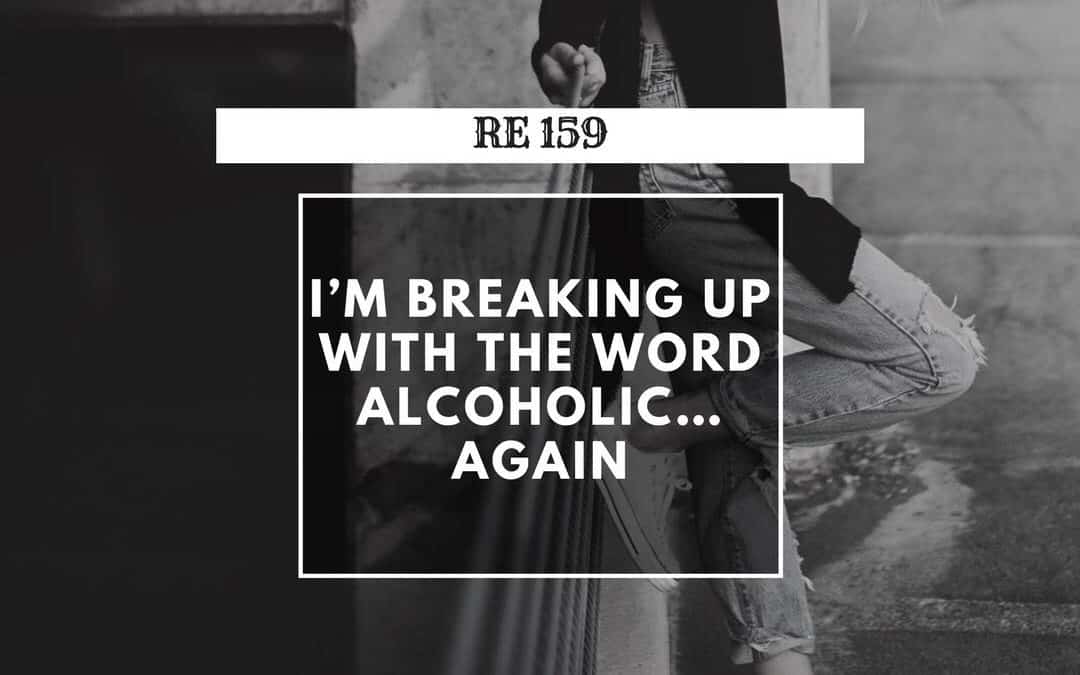Podcast: Play in new window | Download
Subscribe to the Recovery Elevator Podcast Apple Podcasts | RSS | More
“Enhanced Dopamine Receptors” or EDR
The word “alcoholic” carries such a stigma in today’s society and also implies that one’s addiction to alcohol is somehow different compared to other addictions. A more accurate way to describe the situation of those struggling with alcohol or any addiction is that they have “enhanced dopamine receptors.”
Jim, with 57 days since his last drink, shares his story
SHOW NOTES
[11:00] Paul Introduces Jim.
Jim is 47 years old, lives in Waukegan, Illinois. He’s a truck driver and a father, with a 12-year-old son. He enjoys reading and working out.
[12:37] When did you realize you had a problem with alcohol?
He always knew that he drank more than “normal people.” Started drinking early at 14. In recent years it became a problem. Recently he drank an entire weekend.
[14:30] Are you viewing it as a permanent decision?
Yes, and he arrived at that decision because the moderate approach never seemed to work. “It’s a hell of a lot easier to stay sober than to get sober.”
[16:10] Did you try to regulate your drinking in any way?
Yes, he put rules in place and actually followed them, but suffered the entire time.. and it made him realize that he had a drinking problem.
[19:40] Did you hit rock bottom?
He believes he’s a high bottom drunk. Most of the conflict was in his head. His bottom was more of an emotional bottom.
[20:55] Were those emotions the reason you quit drinking?
His inner dialogue was mostly negative. He drank mostly to silence his thoughts.
[23:04] What were your repeated Day 1’s like and how did you break the cycle?
He made a commitment to myself, to be honest about it. He decided he wasn’t going to let it beat him. He gave himself permission to fail.
[27:04] How did you break the hamster wheel?
He went to AA; he joined online groups, he started going to therapy. He made a “relapse prevention kit”. The danger was usually boredom and over analysis.
[28:50] How do you deal with cravings?
He differentiates between cravings and urges. He realized that they’re temporary. “Don’t make a permanent solution to a temporary situation.” The feelings will not last forever.
[30:00] What have you learned about yourself in your sobriety?
He says he still needs a lot of work. He has to be vigilant to ensure he’s pointed in the right direction.
[32:30] What is your proudest moment in sobriety?
Staying sober for this long. He intends to keep going.
[33:30] What was the retreat like for you?
One of the best things he ever did. He enjoyed it thoroughly.
[36:25] Rapid Fire Round
- What was your worst memory from drinking?As a teenager, drank tequila. Got sick, threw up his retainer.
- Did you ever have an “oh-shit” moment?When he drank all weekend.
- What’s your plan moving forward?Just continue on the path. Continue to learn.
- What’s your favorite resource in recovery?
- What’s the best advice you’ve ever received (on sobriety)?“Don’t judge your insides by someone else’s outsides.”
- What parting piece of guidance can you give listeners who are in recovery or thinking about quitting drinking?Start stacking days. It’s easier to stay sober than to get sober. You’re not making any sacrifices; you’re gaining opportunities.
Resources mentioned in this episode:
This podcast episode is brought to you by Zip Recruiter. Visit Ziprecruiter.com/elevator to post jobs for free.
Connect with Cafe RE– Use the promo code Elevator for your first month free
Sober Selfies! – Send your Sober Selfie and your Success Story to info@recoveryelevator.com
“We took the elevator down, we gotta take the stairs back up, we can do this!”



